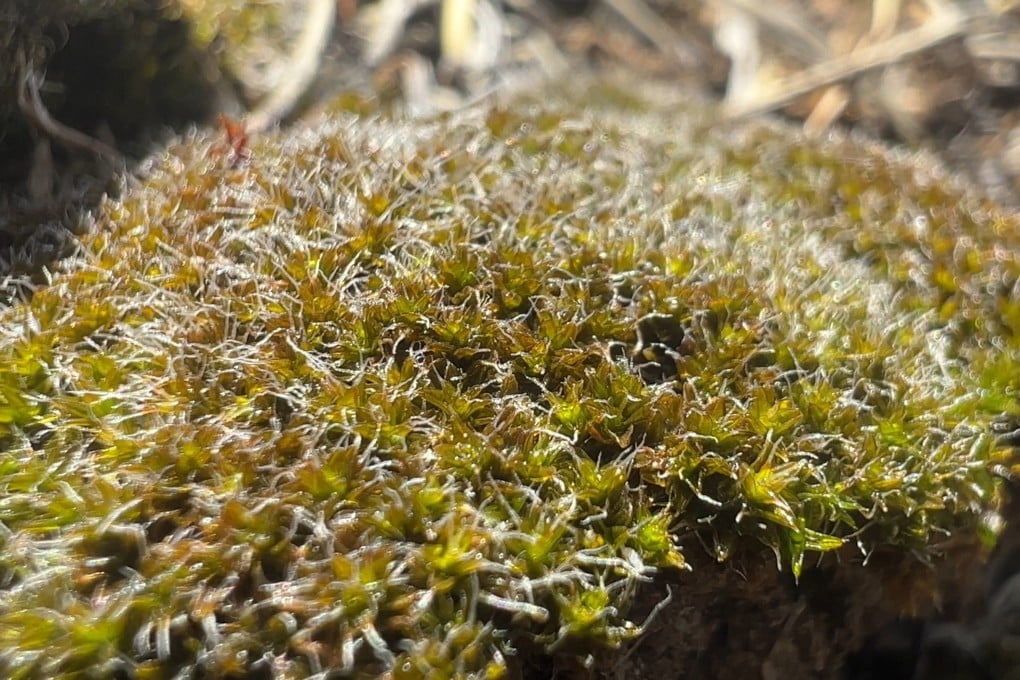Advertisement
Could this moss survive and thrive on Mars? A Chinese study points to potential
- Researchers in China say a small desert plant that can be revived after years in freezing, dry conditions may become a pioneer species in space
Reading Time:3 minutes
Why you can trust SCMP
7

Ling Xinin Ohio
A desert moss that can stand extreme drought and cold on Earth may serve as a pioneer plant on Mars and pave the way for human colonisation, according to a new study from China.
Advertisement
A study by researchers from the Chinese Academy of Sciences found Syntrichia caninervis thrives in places like the Tibetan Plateau, the Mojave Desert and Antarctica by going into a form of hibernation that can last for years.
According to a paper published by the peer-reviewed journal The Innovation on Monday, the moss quickly revived when it was rehydrated after losing nearly all its cell water or spending years in a freezer at -80 degrees Celsius (-112 Fahrenheit).
The addition of a small amount of water saw the moss bounce back to life “within seconds” and resume photosynthesis, turning carbon dioxide into the oxygen and carbohydrates essential to human survival on any planet, the researchers wrote.
“Although there is still a long way to go to create self-sufficient habitats on other planets, we demonstrated the great potential of S. caninervis as a pioneer plant for growth on Mars,” they said.
Advertisement
“It represents a promising candidate as a colonist to facilitate terraforming on Mars … and help drive the atmospheric, geological, and ecological processes required for other higher plants and animals.”

Advertisement